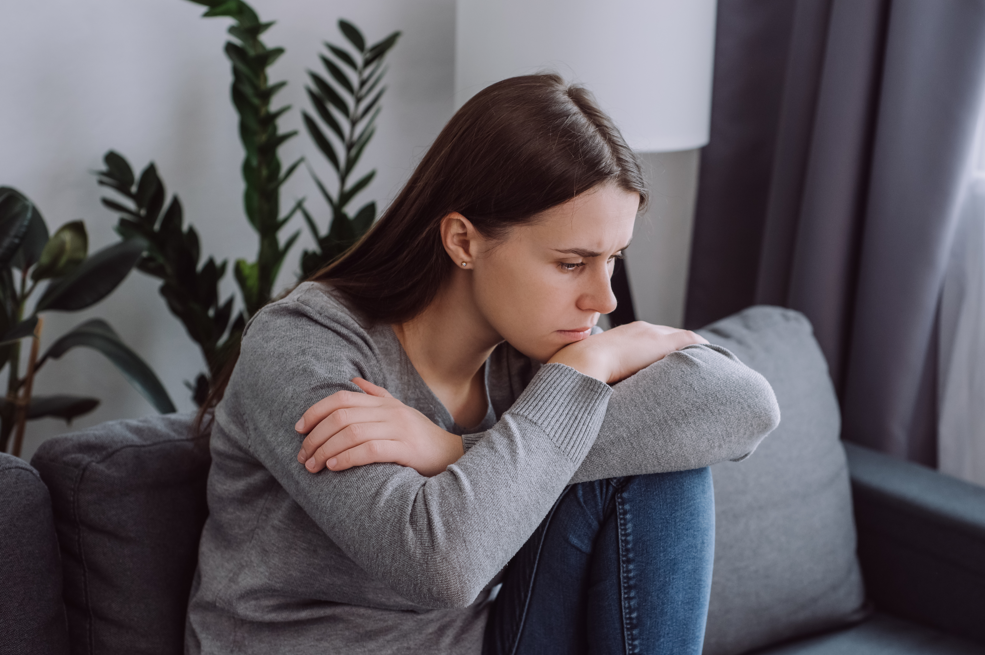
It’s important to recognize the warning signs of substance abuse in order to avoid substance abuse triggers that could lead to relapse or problem use. Knowing what you’re up against can help you take action when you need to, or avoid situations that could cause trouble in the first place. Here are some of the most common substance abuse triggers and some tips on how to steer clear of them:
A Loss
As you probably know, there are various triggers for substance abuse. Loss is one of the most common triggers, which happens when someone is mourning a loved one’s death or ends up struggling with an anxiety disorder or depression as a result of experiencing a life event like divorce. These circumstances can make recovery from addiction seem even more daunting.
Fortunately, there are ways that anyone at any point in their recovery can avoid being triggered by loss. For example, don’t be afraid to take time off from work or social obligations during periods of grief.
Take care of yourself physically through activities such as exercise and meditation. Be present with friends who need support during difficult times. Find your purpose in other aspects of your life outside work or relationships so that you’re not just feeling empty all the time.
Unemployment
Stressful events can be a major trigger for relapse. Even after recovering from an addiction, one event such as being laid off or ending a relationship can cause feelings of despair or hopelessness.
Learning how to manage your stress levels may not just help you stay sober, but also provide insight into other aspects of your life you might want to work on. Below are some helpful methods for managing stress:
Consider seeking professional help if the stress triggers become too intense. There are various services available like therapy sessions or support groups that offer non-traditional ways of helping those in need feel better. Plus, they’re often cheaper than what is offered through more traditional means.
Boredom
One of the most common triggers for substance abuse is boredom. When people are bored, they typically want a way to escape reality.
This leads many people to use drugs or alcohol as a form of escapism. To avoid this trigger, make sure you stay occupied throughout the day. If you can’t think of any other ways to occupy your time, try going for a walk or calling an old friend on the phone just for some company.
If you’re constantly feeling like there’s nothing to do, keep in mind that you’re never really alone. Even if you don’t have friends or family around, there are always things that can be done like cooking dinner, cleaning your house, reading a book, or working out at the gym. Try doing something new every day to shake up your routine so it doesn’t feel so repetitive.
Stress
Stress is something we all experience, but some of us will use drugs or alcohol as a coping mechanism. This can lead to abuse, which is when you continue the behavior even though it’s hurting you or your relationships.
It might be something like skipping out on responsibilities in order to go have a drink, smoking pot every day even though it affects your schoolwork or binge drinking on the weekends. Identifying your personal triggers can help you avoid them before they cause problems.
If you know that stress leads to substance abuse for you, then try finding other ways to cope with stress like getting more sleep, exercising more often, talking with friends and family members about what’s going on in your life, or writing about your feelings.
People who lack self-esteem may be more likely to abuse substances because they’ve found something that makes them feel better about themselves temporarily and numbs their feelings of inadequacy.
Relationship Troubles
The inability to deal with day-to-day problems due to substance abuse can make even the most benign argument escalate quickly. Not only does this fuel the destructive cycle of addiction, but it also creates a lot of collateral damage in the process.
As hard as it may be, it’s important that you refrain from arguing with your loved one while intoxicated and get away from them instead. Leave when they’re in that state so that you don’t wind up getting pulled into an emotional tailspin.
Transitioning from School to Work
Almost half of the students that graduate from high school will not enroll in any form of post-secondary education.
Some may choose this path because they do not have the financial means or opportunity. Others might be unsure about their ability to succeed or find success.
Whatever the case, if you are one of these students who are struggling with a transition from school life to work life, it’s important for you to know about substance abuse triggers.
These triggers can happen at any time, as many abusers will drink, take drugs, or do other things in order to deal with their emotions and release themselves from stress.
Peer Pressure from Friends or Family Members
Peer pressure is often a leading factor in the abuse of substances. Peer pressure can come from friends, family members, coworkers, or even strangers who are also on drugs.
If you are surrounded by people who are abusing substances it is important that you understand why they do it, so that you will be better equipped to avoid this trigger for substance abuse.
One main reason people turn to drugs or alcohol is for self-medication; the substance is used because it makes them feel better when they are experiencing symptoms of depression or anxiety.
It could also just be social interaction; one person takes their drink as a way of being included in a conversation. Whatever the reasons may be, if you’re around people who are abusing substances it’s likely that you’ll be exposed to them.
There are two ways to avoid this type of peer pressure: either stop hanging out with those people or stop drinking or using drugs yourself (or at least cut back).
You can always find other friends and make new connections without having to rely on these toxic relationships.
Loneliness
People often turn to substances for a variety of reasons, but loneliness is one of the most common. Loneliness can lead people down a dangerous path as it can lead them to overeat, overspend, and in some cases abuse substances.
Consider volunteering or working with a charity if you are feeling this way. It’s an opportunity to help others while feeling productive yourself.
Get Customized Treatment Program to Address Your Unique Substance Abuse Triggers
At North Jersey Recovery, we believe that every individual faces his or her own unique challenges in staying sober.
That’s why we have customized treatment plans to help you to overcome your unique stressors and triggers that might lead to a relapse.
Contact us today to learn more about our relapse prevention programs!






